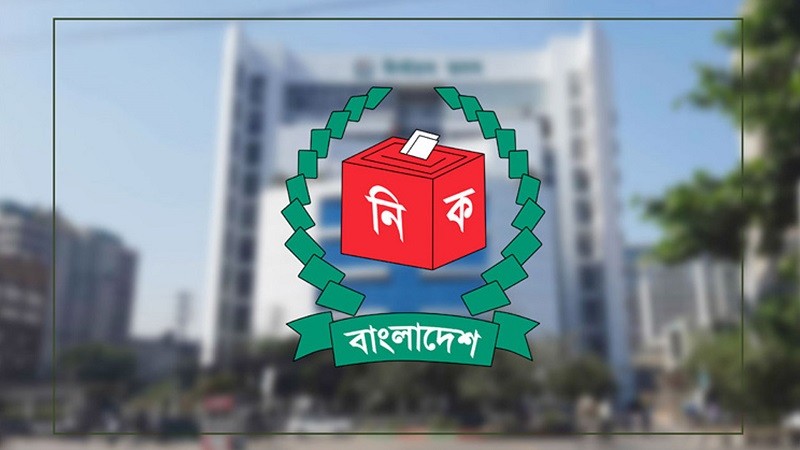Exclusive | By Staff Correspondent |
The Election Commission (EC) has decided to abolish the provision allowing nomination papers for the 13th National Parliamentary Elections to be submitted solely through representatives. Under the proposed amendments to the Representation of the People Order (RPO), it will now be mandatory for either the candidate or their proposer/supporter to be physically present before the returning or assistant returning officer during the submission of nomination papers.
In addition, the provision for online submission of nomination papers has been scrapped. The proposed amendments also recommend increasing the candidate’s security deposit from Tk 20,000 to Tk 50,000.
According to EC sources, the commission has finalized the draft of the amended RPO following several meetings. The draft was sent for vetting on Tuesday (September 2). Once approved by the advisory council, it will be enacted as an ordinance.
Election Commissioner Abdur Rahman Masud stated that more than three dozen proposals have been included in the RPO amendments. These include provisions such as re-election instead of lottery in case of a tie, introduction of “No” votes in single-candidate constituencies, cancellation of polls in entire constituencies in case of irregularities, mandatory voting under party symbols even in alliances, disqualification of MPs if proven loan defaulters even after election, and allowing expatriates to register online for postal voting.
He further clarified that no educational qualifications will be required for candidacy. Regarding concerns that “No” votes could lead to dummy candidates, he explained that previously, unopposed candidates were elected automatically, but now they will face the challenge of a “No” vote.
Key Proposals of the Amended RPO Include:
Expansion of law enforcement definition to include the Armed Forces (Army, Navy, Air Force) and Coast Guard.
Complete abolition of all provisions relating to Electronic Voting Machines (EVMs).
Clearer and stricter accountability measures for officials involved in election duties, with inquiries to be completed within three working days.
Introduction of “No” votes only in single-candidate constituencies.
Authorization for election observers and accredited journalists to enter polling centers.
Restoration of EC’s authority to suspend or cancel elections or results of one or multiple constituencies in case of irregularities.
Enforcement of penalties for violation of the electoral code of conduct.
Journalists allowed to remain present throughout the entire vote-counting process, without leaving midway.
Re-election instead of lottery in case of a tie between candidates.
Restrictions on use of lighting in billboards, except for digital billboards.
Enhanced auditing of candidates’ election expenses, with stricter EC oversight.
Donation limits revised: individuals and institutions can now donate up to Tk 10 lakh each, through bank accounts only, and must declare in income tax returns.
Inclusion of Range DIGs in transfer discussions of police and administration officials during the election period.
Strict measures against spreading disinformation or defamatory content using artificial intelligence (AI) or other digital means.
Rejection letters for party registration applications must now include specific reasons within 15 days.
Suspension or cancellation of party registration clarified in case of a ban on political activities.
False information in affidavits will lead to investigation and possible cancellation of candidacy, even if the MP is already elected. This will apply within the five-year parliamentary term.
Enhanced powers for presiding officers, with stricter punishments for attempts to influence voting.
However, the EC’s proposals do not include provisions for issuing certificates within 24 hours of polling or reforms related to EC’s direct accountability.
The EC has already announced its roadmap for the 13th National Parliamentary Elections, which are expected to be held in the first half of February next year. Legal reforms are scheduled to be finalized by September 30.


